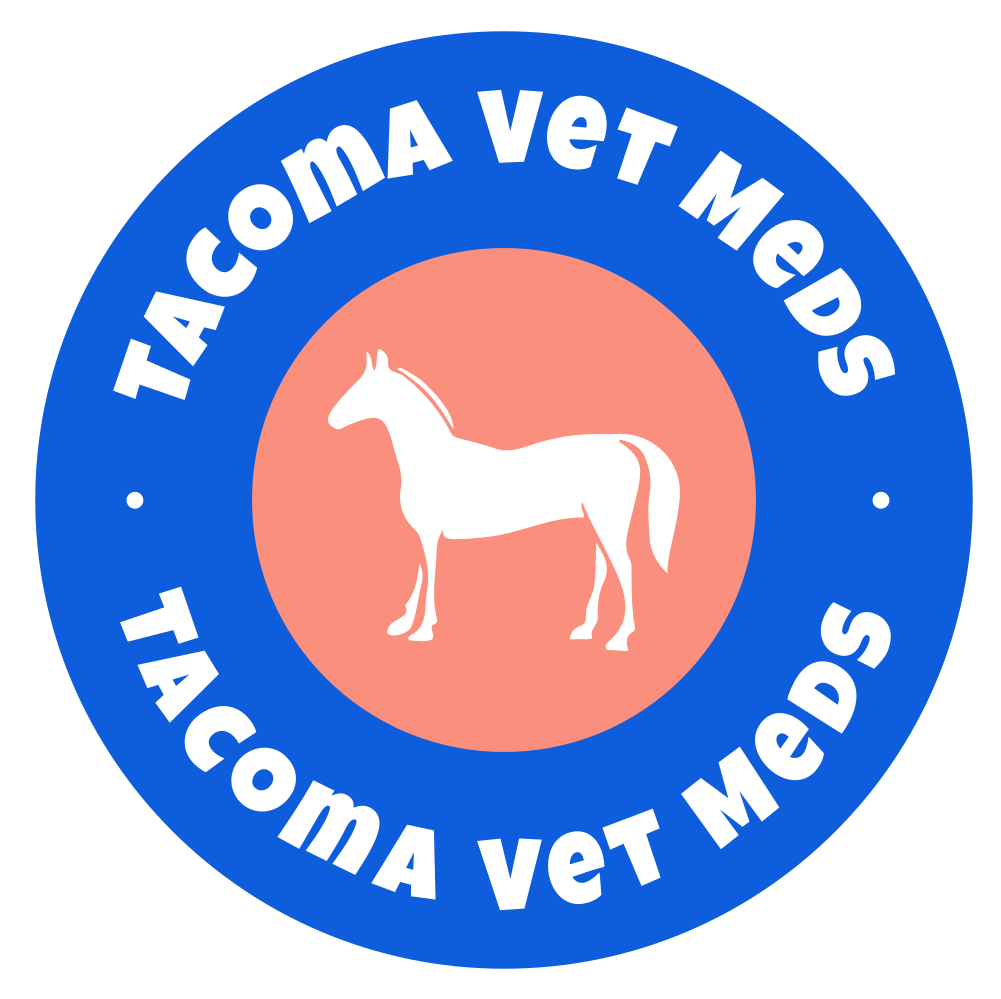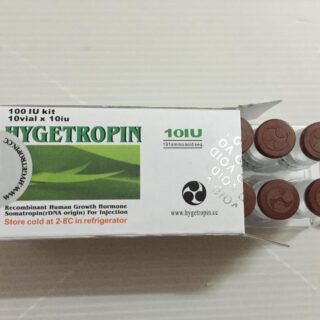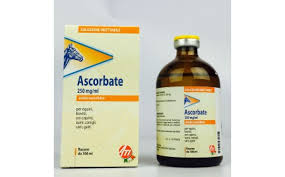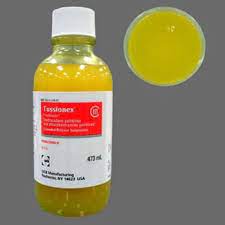HGH Supplementation: Benefits, Risks & What You Should Know
Human Growth Hormone (HGH) supplementation has gained attention in recent years for its supposed ability to enhance muscle growth, burn fat, slow aging, and improve athletic performance. But what is HGH really, and is supplementation worth the hype—or the risk?
In this guide, we break down what HGH is, how supplementation works, and what science (and law) say about its use.
What is HGH?
Human Growth Hormone (HGH) is a peptide hormone naturally produced by the pituitary gland. It plays a critical role in:
-
Cell growth and regeneration
-
Muscle development and tissue repair
-
Bone density
-
Fat metabolism
-
Immune system health
HGH production is highest during youth and declines with age, which has led to interest in supplementing it for anti-aging and performance enhancement.
Types of HGH Supplementation
-
Prescription Injections (Recombinant HGH)
-
Used medically to treat growth hormone deficiency (GHD), Turner syndrome, or muscle-wasting diseases.
-
Only legal with a doctor’s prescription.
-
Examples: Genotropin, Norditropin, Saizen.
-
-
HGH Secretagogues / Peptide Stimulators
-
Products that stimulate the body’s natural HGH production.
-
Includes peptides like Sermorelin, Ipamorelin, and GHRP-6.
-
-
Over-the-Counter Supplements
-
Often contain amino acids (like arginine, glutamine, ornithine) or herbal blends.
-
No real HGH content—mostly marketed to support natural HGH release.
-
Effectiveness is limited but safer.
-
Claimed Benefits of HGH Supplementation
Many users take HGH hoping to achieve:
Increased lean muscle mass
Faster recovery from workouts and injuries
Reduced body fat
Improved sleep quality and mood
Smoother, younger-looking skin
Enhanced stamina and libido
However, most scientific studies show mixed results, especially for healthy individuals without GH deficiency.
Risks & Side Effects
HGH is powerful—and misuse can be dangerous. Reported side effects include:
Joint and muscle pain
Edema (fluid retention)
Carpal tunnel syndrome
Insulin resistance or diabetes
Gynecomastia (enlarged breast tissue in men)
Increased risk of cancer growth in some cases
Long-term, unsupervised use increases health risks significantly.
Is HGH Supplementation Legal?
-
Prescription HGH is legal only for medical use and requires a doctor’s prescription.
-
Non-prescription “HGH boosters” and peptides are unregulated and not approved by the FDA for general anti-aging or bodybuilding.
-
In sports, HGH is banned by the World Anti-Doping Agency (WADA) and most professional leagues.
Possession or sale of HGH without a prescription is illegal in many countries, including the U.S. and Canada.
Natural Ways to Boost HGH Safely
You don’t need injections to support healthy GH levels. Try:
-
Getting deep, consistent sleep (GH is released during deep REM cycles)
-
High-intensity interval training (HIIT) and strength training
-
Eating a protein-rich diet with healthy fats
-
Fasting intermittently to promote GH release
-
Reducing stress and cortisol levels
These lifestyle factors support long-term wellness without the risks.
Final Thoughts
HGH supplementation may offer benefits, but it’s not without significant risks, legal concerns, and ethical questions. If you’re considering HGH for bodybuilding, anti-aging, or performance, consult with a licensed endocrinologist or physician first.
For most healthy individuals, a balanced lifestyle, quality sleep, proper training, and nutrition can achieve outstanding results—safely and naturally.








Leave a Reply